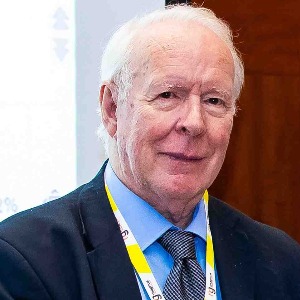Root canals
A root canal is a procedure that is performed to repair a damaged tooth in dental science. It involves removing the nerve and/or pulp from inside the tooth. This procedure is usually required when a tooth is infected or has extensive decay. The root canal is needed to eliminate the source of the infection or decay and repair the damage, thus preventing it from spreading. The procedure begins with a local anesthetic to make the area numb. Then, the dentist will create an access hole through the top of the tooth, allowing them to remove the diseased pulp. Once the infected material has been cleared out, the dentist will shape and clean the canals. An irrigation solution will be used to flush out any remaining debris. After the root canals have been prepped, a sealer paste is then inserted to fill the canals and keep further infection out. The tooth is then permanently sealed with a crown. Root canals are a common dental procedure, and they are often necessary in order to save a severely decayed or infected tooth. Without a root canal, the only option is typically extraction which could lead to further complications. A root canal procedure can help to eliminate pain and discomfort associated with the infection or decay. Additionally, the restoration of the tooth through a root canal helps to maintain the natural structure of the mouth, minimizing the chance of declination and additional dental problems down the road. Root canals are performed in a safe and controlled manner to minimize risk of infection. The dentist may take x-rays before and during the procedure to ensure they are drilling in the correct place and to detect any underlying pathology. Following the procedure, the area may be sore for a few days, but this should subside over time. If it persists, the dentist may prescribe antibiotics to help fight off any remaining infection. With proper care, the tooth can last many years.

David Geoffrey Gillam
Queen Mary University of London, United Kingdom
Christopher Turner
Spacemark Dental, United Kingdom




Title : Evaluating hygienist follow up for head and neck oncology patients in secondary care: Results from a two cycle audit
Peter Basta, Newcastle Dental Hospital, United Kingdom
Title : Atypical facial pain unravelled
Christopher Turner, Spacemark Dental, United Kingdom
Title : New treatment of temporomandibular disorder through muscle balance and muscle regeneration by activation of quiescent muscle stem cells( satellite cells) with mitochondrial dynamics
Ki Ji Lee, National Reserach Foundation & Busan Medical University, Korea, Republic of
Title : MRONJ and ORN: Referral or management in primary care? Navigating guidelines in the context of long waiting lists
Alisha Sagar, NHS England, United Kingdom
Title : Managing the unexpected: An Insight into supernumerary teeth
Bahar Gharooni Dowrani, Guy's and St Thomas' NHS Foundation Trust, United Kingdom
Title : Laxative prescribing for post operative head and neck cancer patients at Derriford Hospital
Pui Sze Kylie Li, Cardiff and Vale University Health Board, United Kingdom